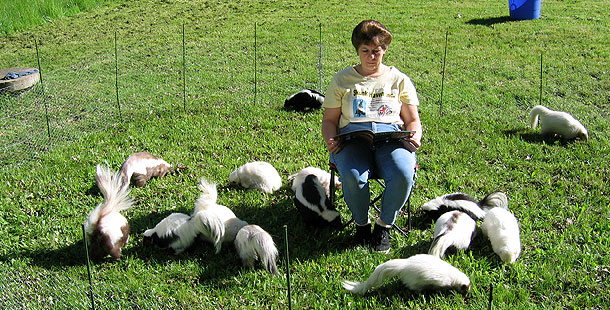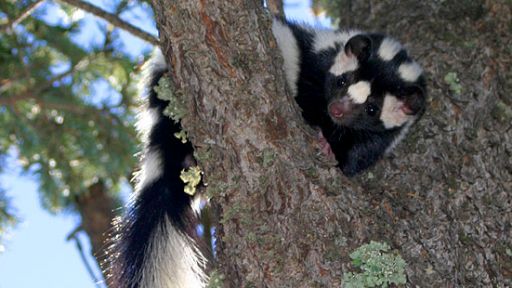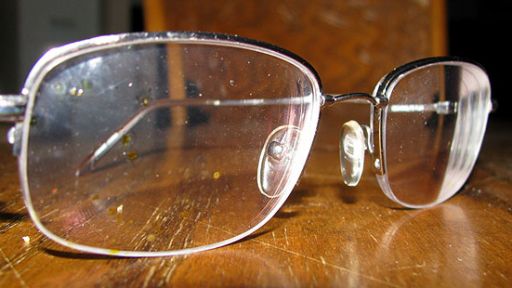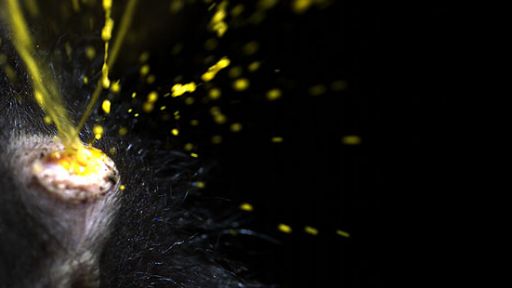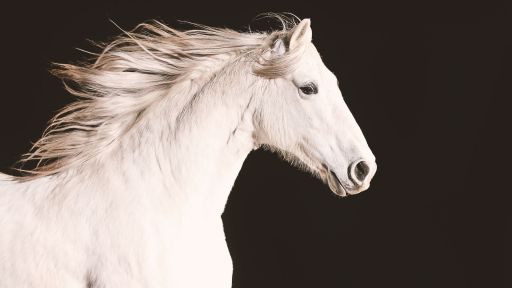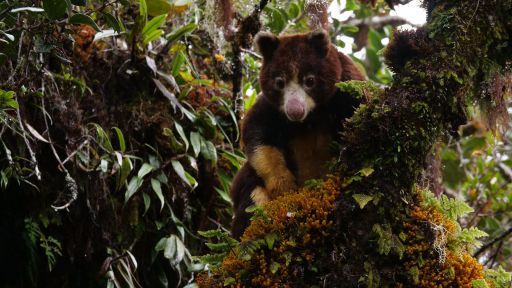After watching Is That Skunk? viewers may wonder: do skunks really make good pets? In the case of wild skunks the answer is no. But domesticated skunks, which have been bred in captivity for over 60 years, are known to be quite docile and loving. Still, keeping a domesticated skunk happy and healthy is a lot of work, and so is acquiring a pet skunk in the first place. It is currently legal to own domesticated skunks in only 17 states: Alabama, Florida, Indiana, Iowa, Massachusetts, Michigan, New Hampshire, New Jersey, New Mexico, Ohio, Oklahoma, Oregon, Pennsylvania, South Dakota, West Virginia, Wisconsin, and Wyoming. In most states where it is legal to own a pet skunk there are additional rules and regulations, and some require a special permit.
The most notable difference between wild and domestic skunks is the lack of scent glands. Domesticated skunks are descented when they are between two and five weeks of age, and grow up “unarmed.” While a relatively simple procedure, there is some debate as to whether or not descenting skunks is humane. Some argue that a descented skunk has unfairly been stripped of its natural defenses.
If a pet skunk is let out of the house or escapes, it may be in grave danger. Skunks can travel several miles a day, and unless found, a lost pet skunk is in trouble. Unlike cats and dogs, domesticated skunks lack homing instincts to find their way back. In addition, only skunks born in the wild learn the skills necessary to forage and hunt. Finally, without scent glands, domesticated skunks have no way to protect themselves from predators. Still, their biggest threat is the same as that facing wild skunks — cars. Motor vehicles are responsible for more skunk deaths each year than any other factor including disease, persecution by humans, and the rabies virus.
Though the myth persists that wild skunks have a disproportionately high rate of carrying rabies, unvaccinated domestic cats and dogs can contract the virus much more easily than skunks for the simple reason that most creatures, including rabid animals, avoid skunks and their stinky spray. Most of the laws prohibiting skunk ownership were put in place because of the fear that skunks are prone to rabies.
Skunks can be demanding eaters. Their natural diet is quite eclectic. Wild skunks eat anything from insects and snakes to fruits and veggies. Some skunks also have a taste for garbage. A pet skunk’s diet should include lean protein (chicken or fish), vegetables, some fruits, and cooked grains—all fresh. Skunks have trouble digesting processed foods.
In the wild, skunks are crepuscular, meaning they are most active during dawn and dusk. Pet skunks can be trained to sleep during the night and be active during the day. When not sleeping, skunks need lots of love and attention. They are very playful, and require lots of stimulation. If left alone all day, they can get mischievous and even destructive. All skunks have long claws used for digging up worms, insects, and grubs. When raised in a house, pet skunks put their claws to use opening doors, cabinets, drawers, and even refrigerators. The house must be “skunk-proofed,” limiting access to the curious creatures. Pet skunks are also known to steal blankets, towels, sweaters, and other soft items that they bring to their sleeping den.
As seen in Is That Skunk? some skunk owners simply cannot take care of their pet and end up abandoning it. Domesticated skunks are unique and sometimes rewarding pets, but they require a lot of specialized care. As with any pet, prospective skunk owners should think long and hard about whether or not they have the time and the resources to properly care for a skunk before purchasing or adopting one.
Photo: Cici Clark / © WNET.org

